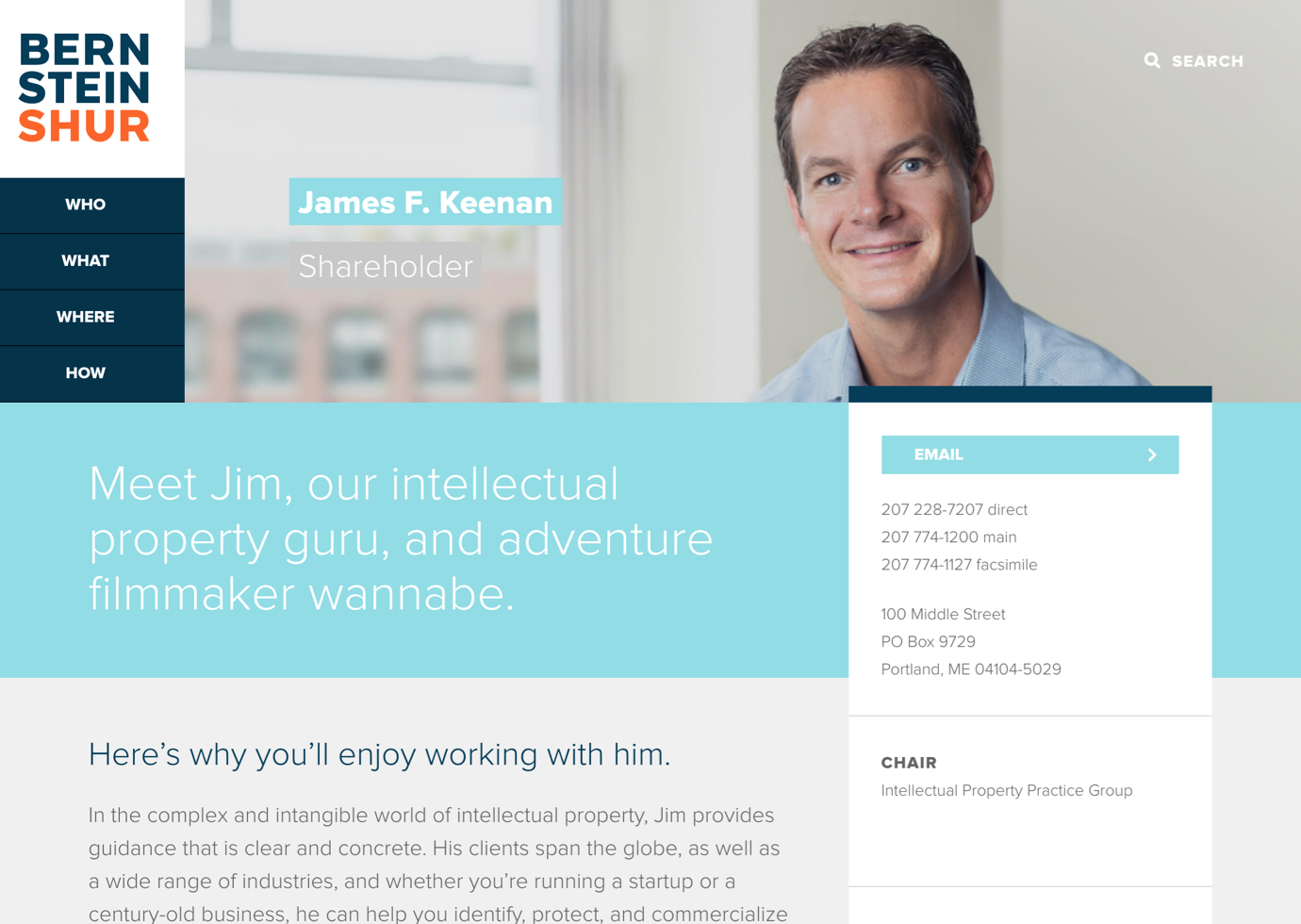Humanity: The most valuable ingredient in your B2B brand

In many ways, buyers of business services have never had it so good. Firms in the market research, financial, legal, accounting, technology, and other sectors have all been able to take advantage of new technologies to deliver better insights and more responsive service. And to also scale and customize their advice and offerings in unprecedented ways.
On the other hand, for those looking for best-fit strategic partners, it’s becoming harder to distinguish the benefits of one firm over another. As all types of business functions have become more technology-driven and commoditized — even in traditionally service-oriented industries — the meaningful connections that drive lasting customer relationships are harder to make. And getting harder to find.
From B2B to you-to-me
On top of this growing technological disconnection, we’re seeing a paradigmatic shift in customer expectations and attitudes. A new generation of decision makers is coming to the table with less attachment to — and less tolerance for — traditional professional services formalities. They are turned off by the corporate jargon and the cold exteriors of what was once thought of as “professionalism.” They value who their providers and partners are and what they stand for as much as what they can do for their business.
To stand out — and stand for something — B2B services firms need to amplify the human factor in their brands. First, to simply differentiate themselves from the faceless pack. And second, to capture the attention and dollars of the not-so-business-as-usual business leaders of tomorrow.
From internal transformations, an external trend
Some of the premier professional service brand names have caught on and are showing the way. Just a few years ago, you probably wouldn’t have guessed that McKinsey and Goldman Sachs — epitomes of the hard-nosed “masters of the universe” approach — would remake their brands to be inviting, human, and open. Even friendly. Other forward-thinking firms have started to follow suit, especially their peers in strategic consulting and institutional finance.
For some, this kind of brand image and message shift can feel pasted on, but for many firms, it’s an authentic expression of an evolution in internal priorities and policies. It also reflects a changing of the guard (and in some cases, a change of heart) among leadership.
For the past several years, professional services organizations, and especially the larger firms, have been reexamining their approach to human capital. Attracting the best talent has always been key to attracting the best clients. But today’s top talent has different ideas about work, what they expect from their employers, and how they expect their employers to act in the world — much like their next-generation counterparts on the customer side.
As these firms rebuild their cultures from the inside to suit new kinds of workers and leaders, it’s a natural next step to express those values externally, and to use their human capital to carry the message. Deloitte (one of the large consulting firms embracing a more human brand itself) has been tracking this transformation in corporate culture since 2011 in its Global Human Capital Trends Report. In their 2020 report, they underscore the imperative for firms to put forth a human-scaled and human-centered message. And to also start thinking differently about how people and technology fit together in the future workplace, and, by extension, in the future marketplace. (Hint: more human, less tech.)
Time to get out of the B2B comfort zone
Even with the example of these leading firms, it has been difficult for many B2B services firms to shed the veneer of cool-headed, technology-focused expertise and embrace a more emotional and direct engagement with their customers.
For those firms that haven’t made the leap, the current environment provides both a timely opportunity and a compelling reason to do so. The reality and coming consequences of a once-in-a-lifetime pandemic. An historic economic slowdown. Bold questioning of the traditional role of authority in society. These are all having a profound effect on B2B consumers’ hearts and minds. On one hand, they want to reestablish lasting relationships and trust in uncertain times. On the other, they want partners that can guide them through and help them embrace fundamental change.
For both of these goals, they will be looking for providers who aren’t afraid to show a commitment to shared values, who present themselves as people first, and experts second, and who understand the primary value of human connection in the tech-dominated world of business.
And make all of it a core part of their brands.